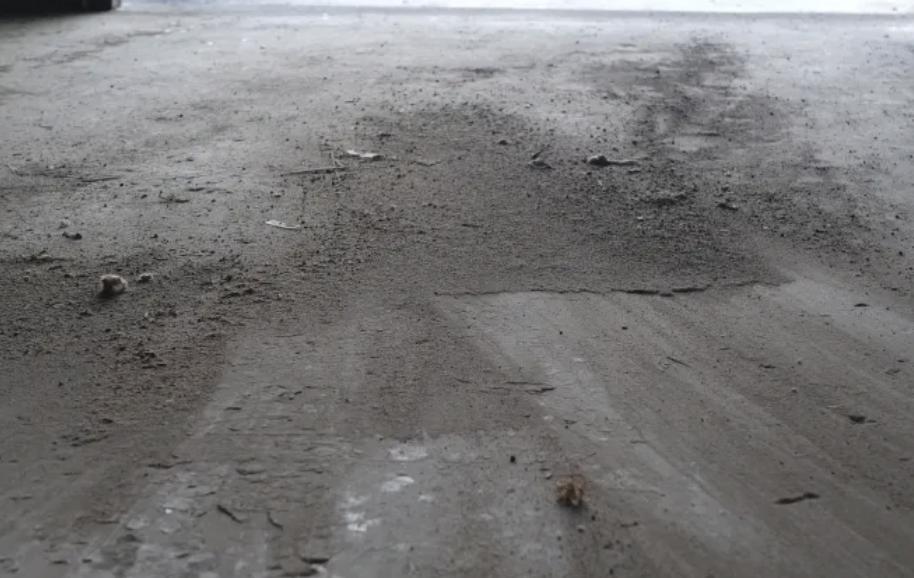Driving by all the car dealerships on Rt 50 reminded me of the last time I bought a car. It was a grueling experience. I am sure you know what I am talking about. It starts with a very friendly person helping you select the model and features. It then goes to the sticker shock stage. Then the ballet begins. You start to leave. The salesperson follows and asks if you had a price in mind …and so it goes ending with “I will have to talk to my sales manager.” Price is agreed and as you walk out the door you kick the dust thinking…” I should have held out for a lower price…the fact they accepted means I paid too much!” Buyer’s regret is a fact in any negotiation. And the flip side is seller’s remorse. It’s time to remember what my mother used to tell me, “Son, it’s not a perfect world…move on.”
The mediation process, is a form of negotiation. Parties come to mediation with their own view of the problem, how it arose, and what the solution might be. Of course, if both parties saw things the same way, there would be no conflict. Mediation is a form of Alternative Dispute Resolution that works together with both parties to find a common solution.
Opening statements in mediation tend to be adverse, accusatory, and demand compliance with the presenter’s point of view. Naturally, these divergent positions prevent an agreement. That’s why they need the help of a mediator. The goal of mediation is to craft a settlement that is not perfect, but acceptable, to both parties. A skilled mediator will confidentially guide the conversation. Part of that process is to uncover each party’s motivation. Often the issue that is presented is one of several, and maybe not the most important issue to be resolved. In the conversation, the mediator helps by restating positions in slightly different terms. This allows the position to be confirmed and fine-tuned, with less emotion and anger. If both sides can Identify the problem more clearly, and all its components, the chance of finding common ground is better.
That common ground, the settlement, is never going to be perfect for either party, and yes, as you leave mediation you are likely to be kicking the dust and wishing you had held out for a different outcome. The fact is, you will never know if a more favorable settlement was possible or if holding out longer for different terms would have sabotaged the settlement and sent you back to square one. There is great value in getting on with your life and leaving conflict resolved and behind you. It’s not a perfect world.
Steve Forrer, former dean, and vice-chancellor of the University of Maryland Global Campus, is currently a mediator for the Maryland District and Circuit Courts. Questions can be submitted at www.doncastermediation.com/contact for Steve to answer in this column. He also accepts private mediations.



Write a Letter to the Editor on this Article
We encourage readers to offer their point of view on this article by submitting the following form. Editing is sometimes necessary and is done at the discretion of the editorial staff.